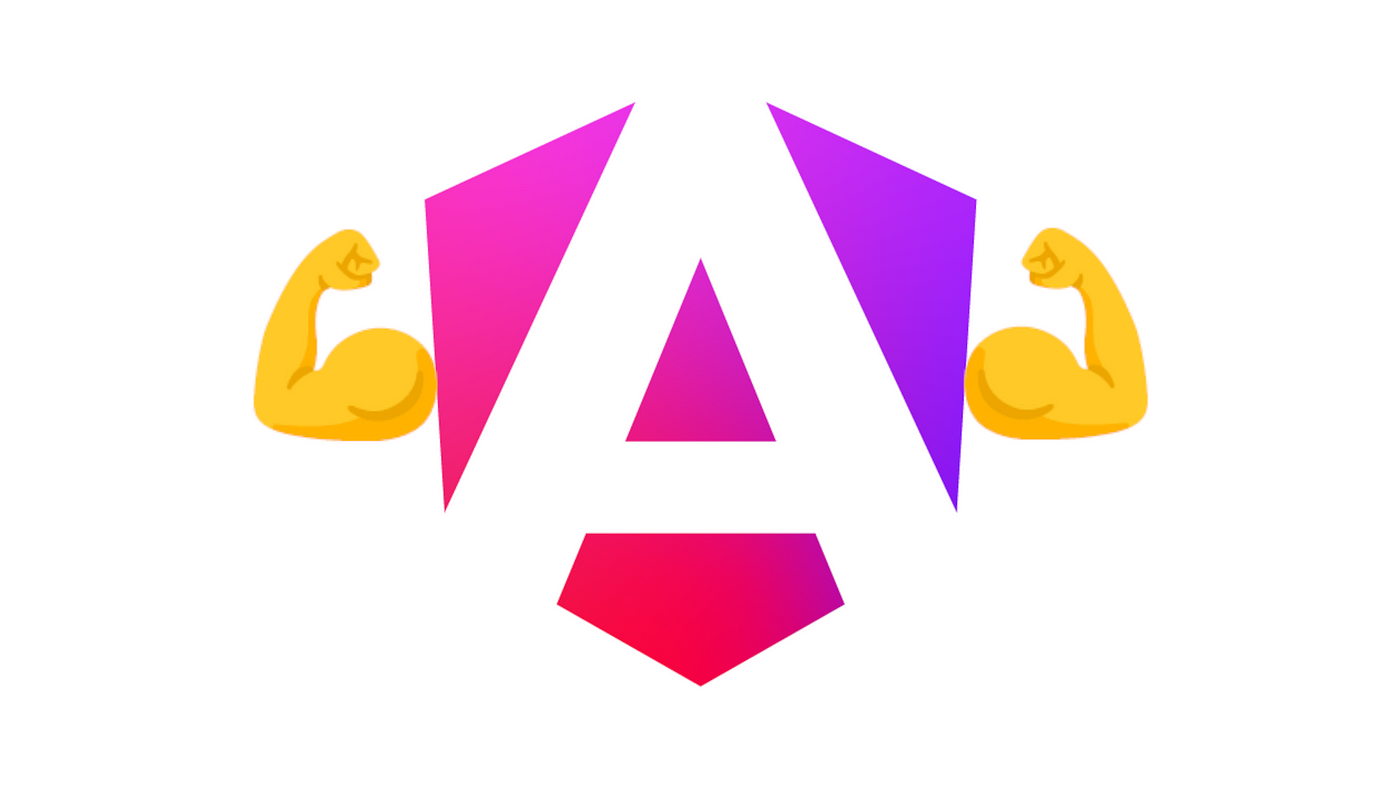In today’s fast-paced digital world, delivering smooth, responsive web experiences is non-negotiable. When it comes to crafting web apps, Angular shines as a popular framework for its rich features and flexibility. But building performant Angular applications that thrive and remain maintainable over time requires intentional effort. Worry not, fellow Angular enthusiasts! This blog dives into key guidelines for creating lightning-fast and effortlessly maintainable Angular apps, ensuring your users (and codebase) stay happy.
Performance optimization:
- Lazy loading: Don’t burden users with the entire app upfront. Leverage lazy loading to dynamically load modules only when needed, boosting initial page load times.
- Change detection: Angular’s change detection can be a double-edged sword. Embrace
OnPushchange detection strategy for components only reacting to actual data changes, not phantom ones. - Component size: Break down complex functionalities into smaller, focused components. This enhances modularity, maintainability, and performance.
- TrackBy in ngFor: Optimize loops iterating over large datasets with
trackByto efficiently track changes and minimize unnecessary re-renders. - AOT compilation: Ahead-of-time (AOT) compilation pre-compiles your code for faster runtime performance and smaller bundle sizes.
- Server-side rendering (SSR): For SEO and instant first-page load, consider exploring SSR solutions like Angular Universal to render initial content on the server.
Maintenance magic:
- Modular architecture: Structure your code into well-defined, independent modules with clear boundaries. This simplifies navigation, testing, and future enhancements.
- Code cleanliness: Prioritize clean, readable code with proper comments and documentation. A well-organized codebase is a maintainable codebase.
- Testing: Implement unit and integration tests to catch bugs early and ensure code stability. Automated testing saves time and headaches in the long run.
- Version control: Utilize version control systems like Git to track changes, revert to previous versions, and collaborate effectively.
- Documentation: Maintain clear documentation for your code, APIs, and architecture. This saves time for future developers and ensures efficient knowledge transfer.
Bonus tips:
- Performance profiling: Tools like Angular DevTools help identify performance bottlenecks and track improvements.
- Caching: Implement caching strategies for frequently accessed data to reduce server load and improve responsiveness.
- Image optimization: Optimize images for smaller file sizes without compromising quality, reducing bandwidth usage and page load times.
Remember: Performance and maintainability are not afterthoughts; they are woven into the fabric of your Angular application from the start. By applying these guidelines and continuously optimizing, you can build blazing-fast, effortlessly maintainable apps that win hearts (and SEO battles).
Beyond the Basics: Advanced Strategies for Angular Mastery
While the core guidelines we covered provide a solid foundation, let’s delve deeper into some advanced strategies that can truly elevate your Angular game:
Component communication superpowers:
- RxJS: Master the reactive power of RxJS for asynchronous data handling and efficient communication between components. This streamlines workflows and avoids clunky imperative coding.
- State management libraries: Consider state management libraries like NgRx or Akita to manage complex application state across components and avoid data duplication.
- Component interaction patterns: Explore popular patterns like mediator, facade, and services to decouple components and build more maintainable, scalable architectures.
Cutting-edge performance boosts:
- Code splitting: Take lazy loading to the next level with code splitting techniques that dynamically load smaller chunks of code when needed, further minimizing initial page load times.
- Server-side rendering (SSR) ninjas: Dive deeper into SSR strategies like progressive SSR and hybrid rendering to optimize specific sections of your app for speed and SEO.
- Web workers: Leverage web workers to offload heavy computations to background threads, freeing up the main UI thread and keeping your app responsive even under heavy workloads.
Maintenance marvels:
- Testing beyond unit tests: Expand your testing arsenal with end-to-end and visual regression testing tools to ensure not only functional correctness but also a consistent user experience across browsers and devices.
- Continuous integration and continuous delivery (CI/CD): Automate your build and deployment process with CI/CD tools to catch bugs early, streamline releases, and improve development agility.
- Linting and code formatting: Implement coding standards and enforce them with linters and formatters to maintain code consistency and readability, making future maintenance a breeze.
Remember: These advanced strategies are powerful tools, but wield them wisely. Start with gradual adoption and measure the impact on performance and maintainability before going all-in.
Final Note: Building performant and maintainable Angular applications is an ongoing journey. By applying the core principles outlined in this blog and continuously exploring advanced techniques, you can craft apps that not only delight users but also stand the test of time. So, keep learning, keep optimizing, and keep building amazing things with Angular!
Don’t hesitate to ask further questions or suggest specific areas you’d like to delve deeper into. Happy coding!
Frequently Asked Questions about Building Performant and Maintainable Angular Applications
Performance optimization:
- Q: How can I measure the performance of my Angular app?
- A: You can use tools like the Angular DevTools or Chrome DevTools to measure metrics like page load times, rendering times, and memory usage.
- Q: What is the difference between Lazy Loading and Code Splitting?
- A: Lazy Loading is a module-level approach where entire modules are loaded only when needed. Code Splitting is a finer-grained approach where individual pieces of code within a module are loaded dynamically.
- Q: Is AOT compilation always necessary for performance?
- A: AOT compilation generally improves performance and bundle sizes, but it can also increase build times. Consider the trade-offs for your specific application.
Maintenance magic:
- Q: What are some good practices for writing clean and maintainable Angular code?
- A: Use descriptive variable names, follow consistent coding conventions, and write clear and concise comments.
- Break down complex components into smaller, reusable ones, and avoid code duplication.
- Q: What are the benefits of using version control systems like Git?
- A: Git allows you to track changes, revert to previous versions, and collaborate effectively with other developers.
- Q: How can I document my Angular app effectively?
- A: Use comments within your code, create detailed API documentation, and consider tools like JSDoc for generating automated documentation.
Advanced Strategies:
- Q: When should I use RxJS in my Angular app?
- A: RxJS is ideal for dealing with asynchronous data flows and complex event handling. If your app handles a lot of asynchronous operations, RxJS can improve code clarity and maintainability.
- Q: What are some popular state management libraries for Angular?
- A: NgRx and Akita are popular choices for managing complex application state across components. They can help avoid data duplication and simplify state management logic.
- Q: What are the benefits of using web workers in Angular?
- A: Web workers allow you to offload heavy computations to background threads, freeing up the main UI thread and improving responsiveness. This is especially useful for applications with computationally intensive tasks.
Keep in mind: This is just a starting point. Feel free to ask more specific questions based on your needs and interests.





